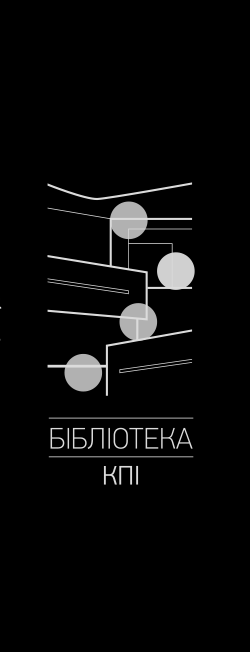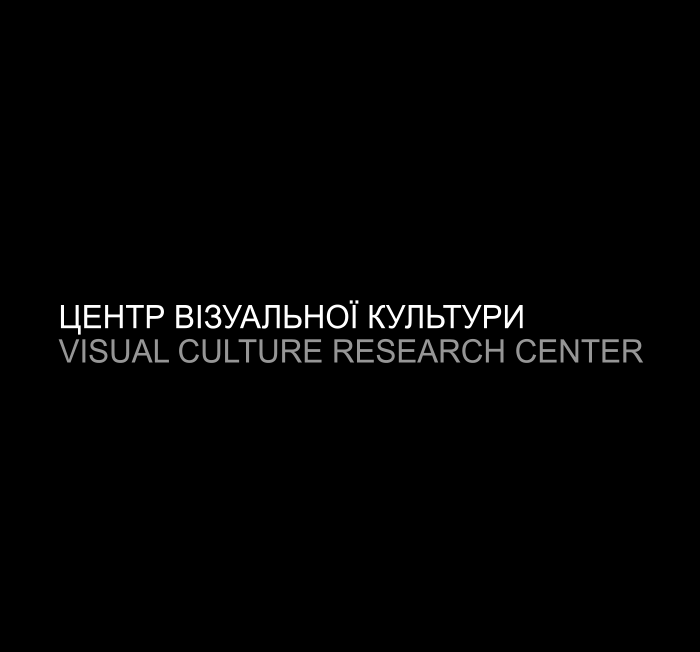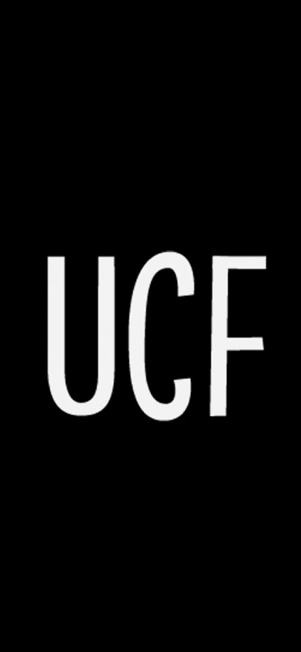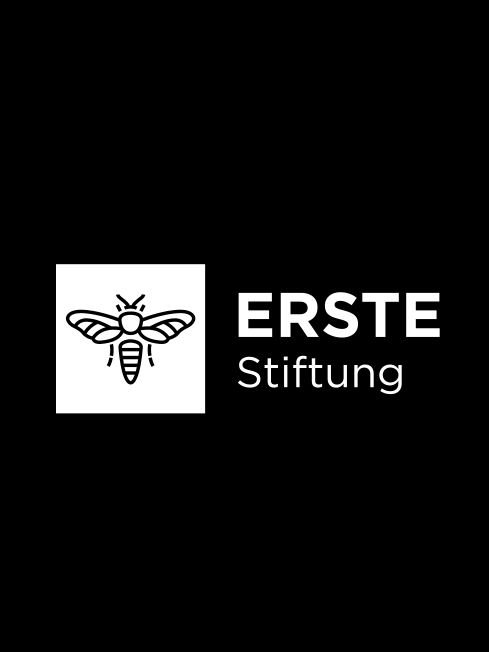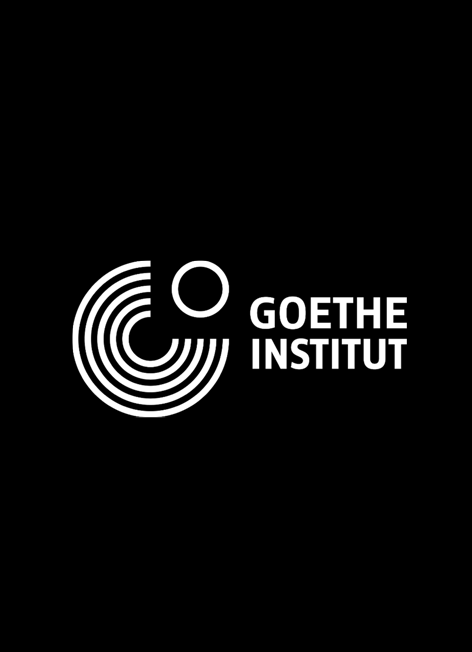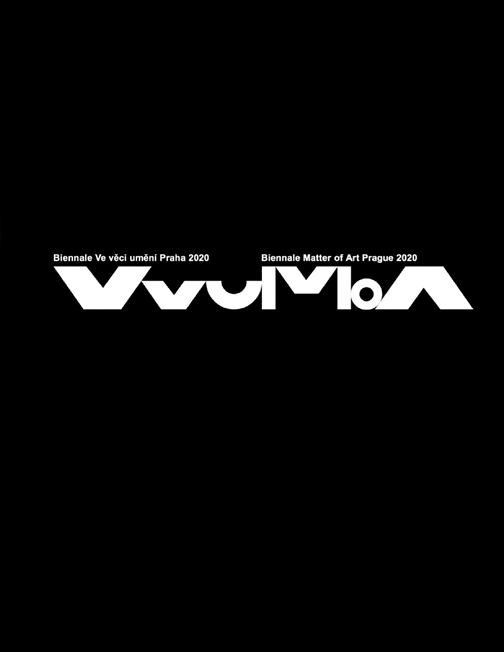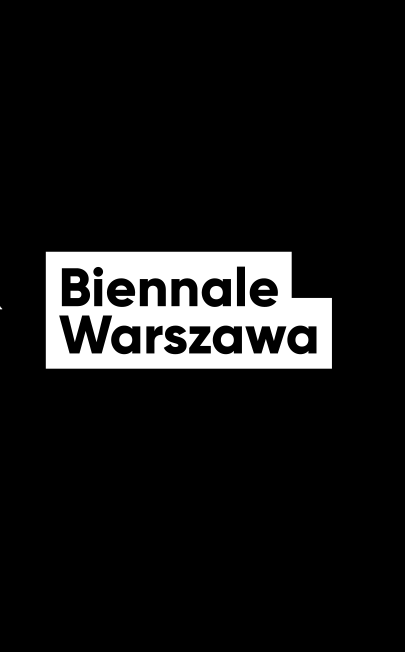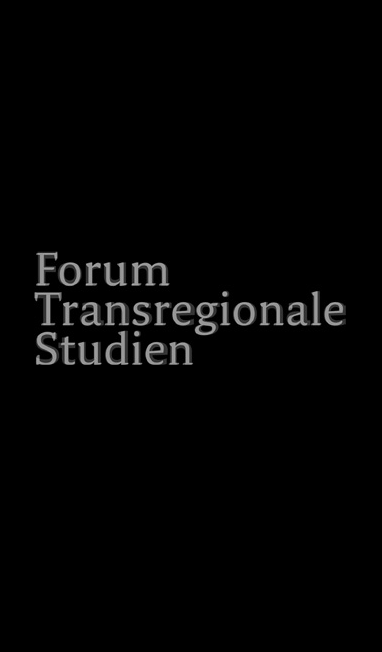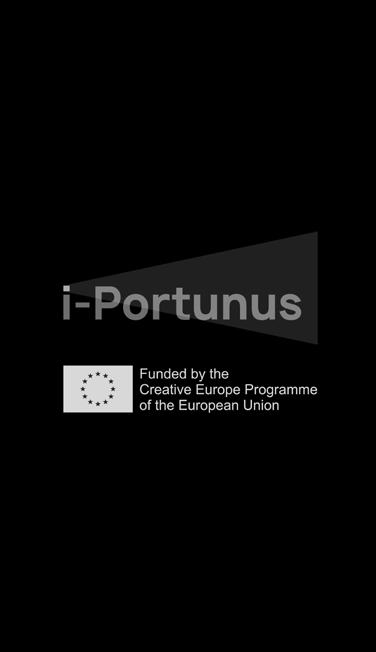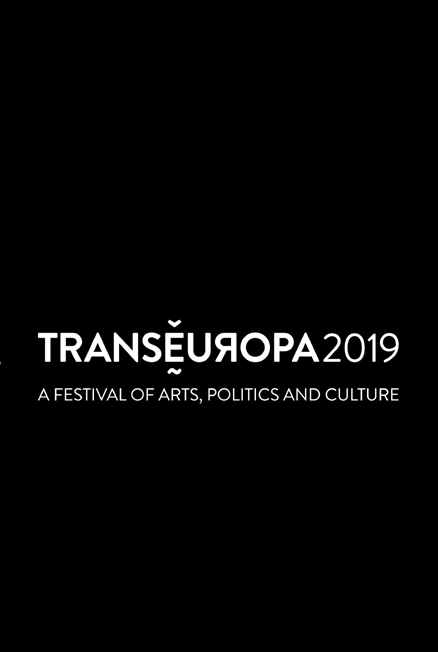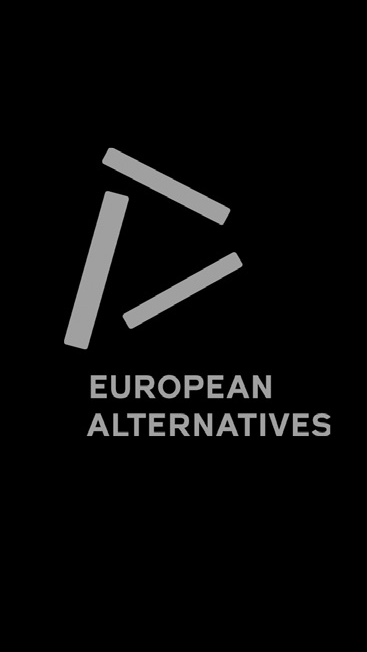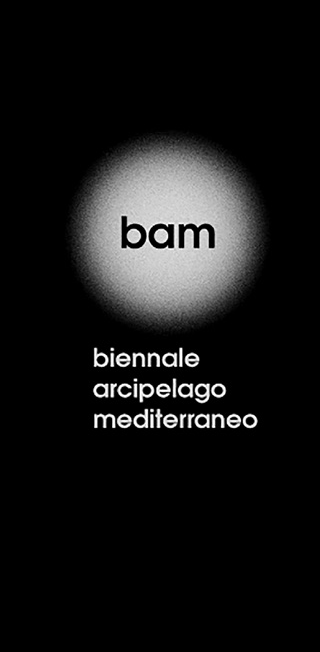BLACK CLOUD
The third edition of an experimental biennial forum for art, knowledge and politics — Black Cloud — Kyiv Biennial 2019, conducted as part of the newly established East Europe Biennial Alliance (Biennale Matter of Art in Prague, Biennale Warszawa, Kyiv Biennial, and OFF-Biennale Budapest), brings together artists, academics and activists to develop a consistent understanding of the last three decades in the history of Eastern Europe, largely defined by the Chernobyl disaster of 1986, the subsequent collapse of the Soviet bloc, and the emergence of a unipolar global regime of governance equipped with a new technological arsenal. This edition will focus on surveillance and privacy in the web, digital forms of warfare, artificial intelligence and its political and civic implications.
More than thirty years ago, the Chernobyl catastrophe had brought into being the first artificial cloud of a global scale. The toxic plume moved through the stratosphere breaking political and ecological borders, being an object of fear and speculations, scrutiny and disturbance. Whereas its impact was no longer comprehensible without machine sensibility and the augmented reading of the event’s metadata, its social and economic effects were designed not only by the flow of radioactive elements, but no less by the concomitant information stream. Unseen and invisible, the spectre of real socialism was falling out over Europe, burying the remnants of the ideology grounded in the industrial endeavor — the modernist dream of peaceful atom was suspended at Mittelraum, a traditional battlefield for Europe. An opaque hyperobject, the Chernobyl cloud had preceded and marked a transition to the hybrid, the dissipative and the multilateral.
More than thirty years ago, the Chernobyl catastrophe had brought into being the first artificial cloud of a global scale. The toxic plume moved through the stratosphere breaking political and ecological borders, being an object of fear and speculations, scrutiny and disturbance. Whereas its impact was no longer comprehensible without machine sensibility and the augmented reading of the event’s metadata, its social and economic effects were designed not only by the flow of radioactive elements, but no less by the concomitant information stream. Unseen and invisible, the spectre of real socialism was falling out over Europe, burying the remnants of the ideology grounded in the industrial endeavor — the modernist dream of peaceful atom was suspended at Mittelraum, a traditional battlefield for Europe. An opaque hyperobject, the Chernobyl cloud had preceded and marked a transition to the hybrid, the dissipative and the multilateral.
The disintegration of the Socialist bloc has led to the global dominance of the ideology of financial capitalism. The fall of the Berlin Wall, a symbol of the Cold War, was celebrated as a shift to a dynamic network system of power epitomized through the inception of the world wide web in the same years. However, post-communist transition resulted in growing inequalities, expanding state apparatuses, triumphant nationalism and new types of physical and electronic walls that sprung up around the globe. The promise of Velvet Revolutions to overcome the historical division and political isolation of Europe’s East has been turned into the fortification of Europe obsessed with border control that became the main topos of the state of exception today. The collapse of the Second World meant the general loss of the political alternative to capitalism, when revolutionary or reformist emancipatory projects have been put into a black box of ‘the end of history.’
In parallel, the early years of Internet’s democratic enthusiasm changed to more pessimistic views on electronic freedoms, safety, personal data usage and the role of governments and corporations. The artificial ocean of data became a worldwide domain of surveillance. In the following decades, sensual and intelligible alienation will proceed as the externalization of intellect, creating an outward agency of ‘the human condition,’ largely designed to cope with the vulnerability of the physical and its erroresque nature, pursuing the technocratic desire to unpin the physical body from a growing burden of knowledge, and further, cognition, by prosthesising it with the ever-growing knot of capital/knowledge of the immaterial cloud. How should we relate to the new topology of power of the omniconnected society of late capitalism?
In parallel, the early years of Internet’s democratic enthusiasm changed to more pessimistic views on electronic freedoms, safety, personal data usage and the role of governments and corporations. The artificial ocean of data became a worldwide domain of surveillance. In the following decades, sensual and intelligible alienation will proceed as the externalization of intellect, creating an outward agency of ‘the human condition,’ largely designed to cope with the vulnerability of the physical and its erroresque nature, pursuing the technocratic desire to unpin the physical body from a growing burden of knowledge, and further, cognition, by prosthesising it with the ever-growing knot of capital/knowledge of the immaterial cloud. How should we relate to the new topology of power of the omniconnected society of late capitalism?
Over the last decade, Eastern Europe and the Middle East have become a battleground for proxy wars and an authoritarian avant-garde championing right-wing populism as a general upcoming prospect. In the current historical conditions, we see a growing need to position the region within different geopolitical divisions to overcome ideological amnesia and rediscover its common socialist past. How does the development of the Internet infrastructure of the post-socialist countries correlate with their old and new geopolitical relations? What role do information technologies play in the fear management of today’s societies and how are invisible, potential or distanced threats distributed and delivered to our lives? The creation of translocal knowledge through interconnecting (semi-)peripheries of the former West and reopening the experiences of the ‘Middle East Europe’ after the disillusionment of capitalist transformation would contribute to imagining an alternative European project for the future.

